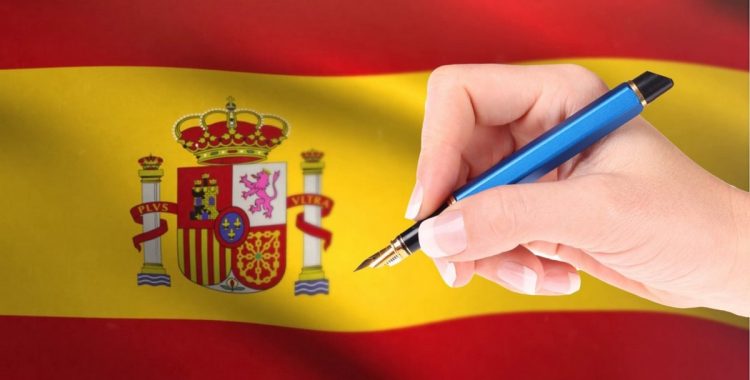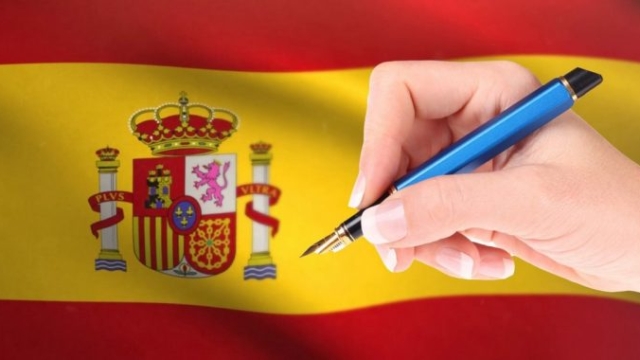Are you considering living or working in Spain? If so, obtaining an NIE Number (Número de Identificación de Extranjero) is an essential requirement. The NIE Number serves as your identification and tax number in Spain, allowing you to engage in various legal activities within the country. Whether you plan to buy property, open a bank account, or even secure employment, having an NIE Number is crucial. In this comprehensive guide, we will explore what the NIE Number is in Spain and provide you with all the necessary information to obtain one. So, let’s delve into this essential topic and ensure you’re well-prepared for your Spanish adventures!
Why do you need an NIE Number in Spain
Acquiring an NIE Number in Spain is essential for both residents and non-residents who wish to engage in various activities within the country. An NIE Number, which stands for "Número de Identificación de Extranjero," is a unique identification number issued by the Spanish authorities to foreigners.
First and foremost, having an NIE Number is a prerequisite for anyone intending to work or start a business in Spain. This includes both entrepreneurs and employees, as well as individuals interested in freelancing or self-employment. Obtaining an NIE Number is necessary for fulfilling tax obligations, contributing to the social security system, and ensuring legal compliance in the Spanish job market.
Additionally, if you plan on purchasing or selling real estate in Spain, an NIE Number is mandatory. It is a legal requirement throughout the property buying process, ensuring that all transactions are properly documented and conducted within the bounds of the law. From applying for a mortgage to signing the final deed, having an NIE Number is crucial for smooth and lawful real estate transactions.
Moreover, an NIE Number is required for opening a bank account in Spain. Whether you are a resident or a non-resident, having a local bank account can greatly facilitate day-to-day financial activities. From depositing and withdrawing funds to setting up automatic bill payments, an NIE Number is necessary to establish your financial presence in the country.
In summary, the importance of obtaining an NIE Number in Spain cannot be overstated. It is an essential identification document that enables individuals to work, conduct business, buy property, and manage their finances legally and smoothly within the Spanish territory.
How to obtain an NIE Number in Spain
To obtain an NIE Number in Spain, follow these steps:
NIE in 2 weeks
Gather the required documentation: Begin by collecting all the necessary documents for your NIE Number application. This typically includes a completed application form, a valid passport or identification document, proof of the reason for your application (such as a job contract or enrollment in a university), and any additional supporting documentation required by the local authorities.
Make an appointment: Once you have all the required documents, it’s time to schedule an appointment. Contact your nearest Spanish consulate or immigration office to set up a date and time for your NIE Number application. It’s important to note that many offices have limited availability, so it’s advisable to make your appointment well in advance.
Attend the appointment: On the day of your appointment, make sure to arrive on time and bring all the necessary documents with you. The officials will review your application and verify your identity, after which you may be asked to pay a fee. Once all the formalities are completed, you will receive a document that confirms your NIE Number has been issued.

Remember, the process of obtaining an NIE Number in Spain can vary slightly depending on your location and individual circumstances. It’s always a good idea to consult with the appropriate authorities or seek professional assistance to ensure a smooth application process.
Important information to know about NIE Numbers in Spain
Understanding the importance of a NIE Number in Spain is essential for anyone looking to live or conduct business in the country. The NIE Number, also known as the Número de Identificación de Extranjero, is a unique identification number assigned to non-Spanish residents. It serves as a crucial document for various activities, such as opening a bank account, buying property, or starting a business.
So, what exactly is the NIE Number in Spain? Simply put, it is a way for the Spanish government to track and identify non-Spanish residents for legal purposes. The NIE Number acts as your personal identifier in all official transactions and interactions with Spanish authorities. It is important to note that both EU and non-EU citizens are required to obtain a NIE Number if they plan to spend a significant amount of time in Spain.
Obtaining a NIE Number in Spain can be a straightforward process, but it does require some paperwork and a visit to the local police station or immigration office. Non-EU citizens may need to provide additional documents, such as proof of legal residence in Spain or a valid visa. It is advisable to research and gather all the necessary documentation beforehand to ensure a smooth application process.
In conclusion, the NIE Number is a vital identification document for non-Spanish residents in Spain. Its importance should not be underestimated, as it is required for a wide range of activities. By understanding the significance of the NIE Number and following the necessary steps to obtain one, individuals can navigate the legalities of living and doing business in Spain more effectively.
